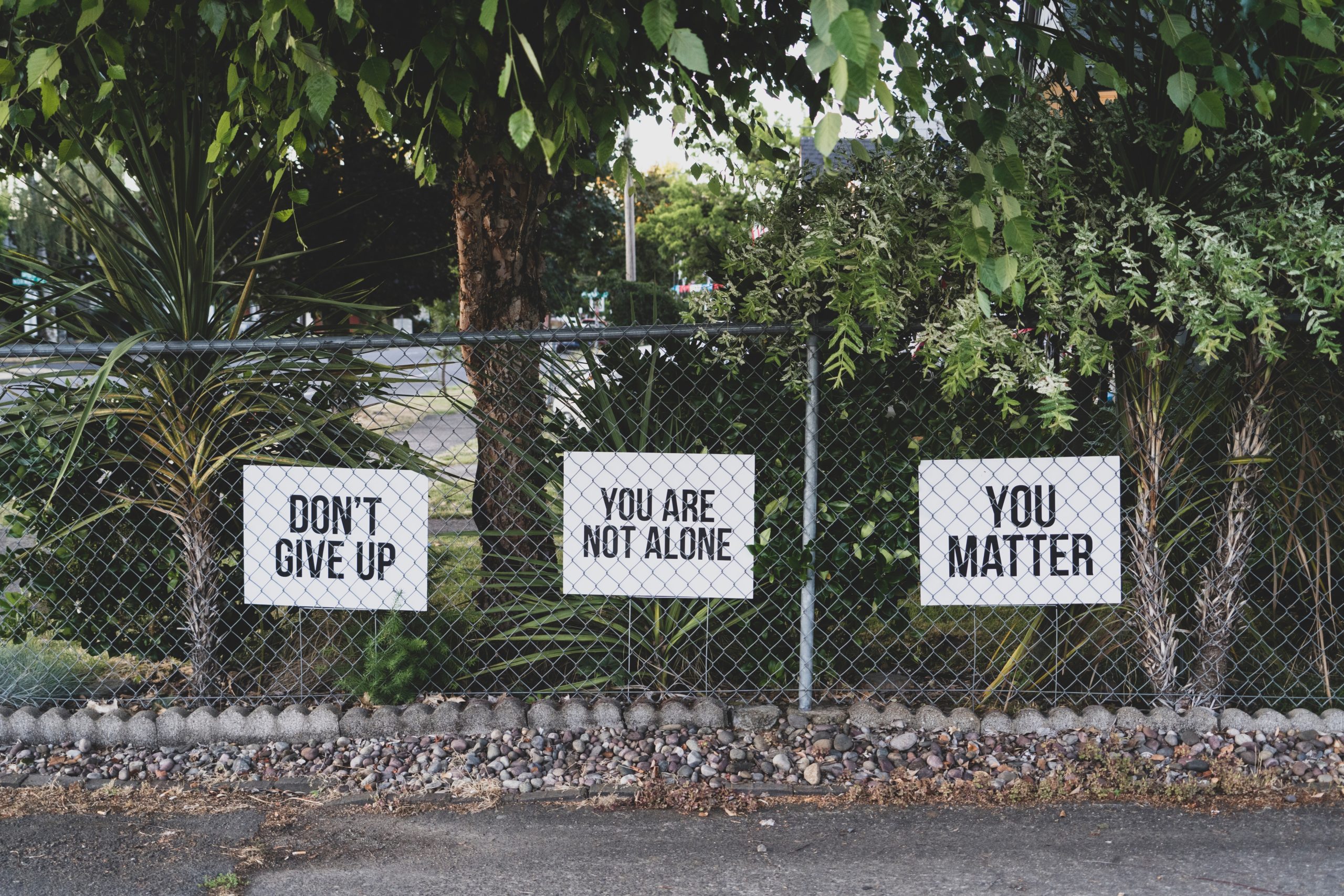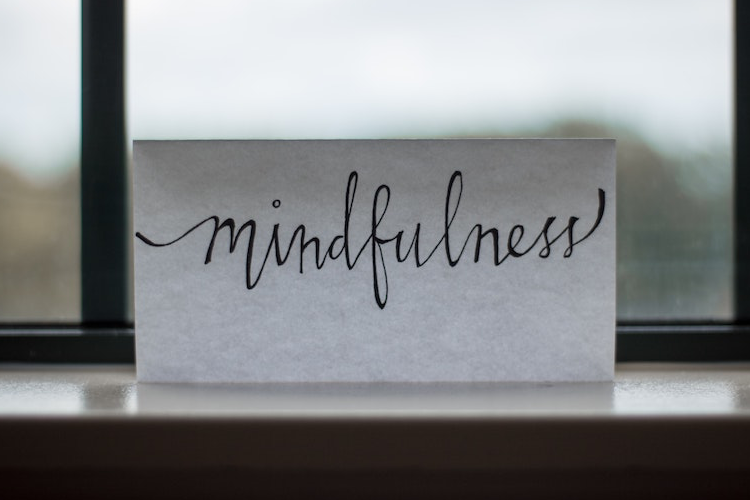Mindfulness & Recovery
Recovery is a Family Affair: How to Encourage Your Loved Ones to Get Help
Substance abuse is a rampant problem. Statistics show that 60.2% of Americans 12 and over have substance abuse issues. One of these people could be a loved one, and recovery is a journey they cannot do alone. Not only will they be needing support, but they will also be…
Read MoreFlour on the Invisible Man: The Family Role in Addiction
Thought experiment: How would you behave if you were given the power of being invisible when you wished for it? I suspect you’re probably similar to me in that you’d hope you wouldn’t abuse your powers, but probably also know the temptation to abuse the power would be ever present.…
Read More“Legal drugs” and the risks to recovery
A person in recovery may be tempted to try "legal drugs" - supplements or stimulants that have less of the harmful attributes but still provide some euphoric effects. Before doing so, have a look at information on these substances, from Kratom to kombucha, and their potential risks to people in…
Read MoreHow toxic masculinity is linked to excessive drinking
Toxic masculinity extends beyond obvious aggressive behavior seen in the headlines. There are direct correlations between toxic masculinity, addiction, and dangerous behaviors involving substances like alcohol. With drinking challenges and pressures to perform in crowds of their peers common among young men, it can quickly lead to normalizing binge drinking…
Read MoreAm I Too Young to Be Addicted? – A Look at Adolescent Substance Use Disorder
When you visualize someone suffering from addiction, what kind of person do you imagine? Many people’s image of addiction includes only the rock bottom consequences of the disease. The misguided notion that only “low bottom” cases require help often gets in the way of much needed recovery. We hope to…
Read MoreWhat is Collegiate Recovery?
Collegiate recovery programs offer a supportive environment in a college or university campus culture. Collegiate recovery reinforces positive and proactive measures in helping a person with a problematic substance use history. Collegiate recovery communities (CRC) often have a range of social workers/counselors, student volunteers, work study students, peer-support specialists, and…
Read MoreWhat is the Community-Reinforcement Approach (CRA)?
Community-Reinforcement Approach (CRA) is one of the more interesting clinical models for treating substance use disorders. It may lack the notoriety of other models, but it makes up for that through its effectiveness. CRA is focused on helping clients towards building a life that is more rewarding and meaningful than…
Read MoreBoundaries: Myths & Facts – Virtual CEU Session on Wednesday 12/9
Setting clear boundaries with a young adult in active addiction and/or early recovery is one of the most challenging processes for parents. Join us for our upcoming Virtual CEU Session - Boundaries: Myths and Facts to discuss the myths and facts regarding how to support clients in appropriate, healthy, and…
Read MoreMindfulness and Recovery
An aspect of every phase of our Green Hill curriculum, introducing and reinforcing regular mindfulness practice is an integral fragment of the balanced life we envision for our clients. Our staff are not only strong advocates, but also have significant experience in various practices.
Read MoreRecovery Isn’t Linear
While our lives get better over time in recovery, the journey is never linear. Knowing this and embracing it is an extremely important part of achieving lifelong sobriety. How we battle through setbacks and tough times by turning them into growth opportunities is part of the mission at Green Hill.
Read More









